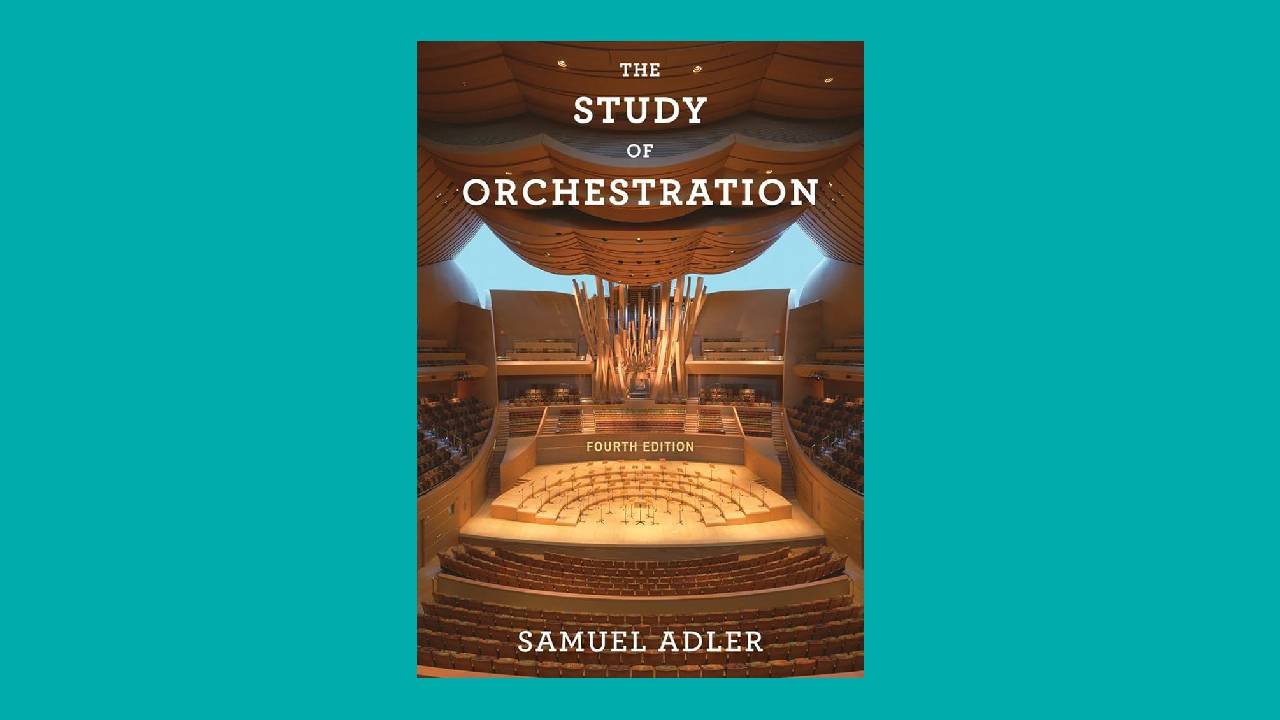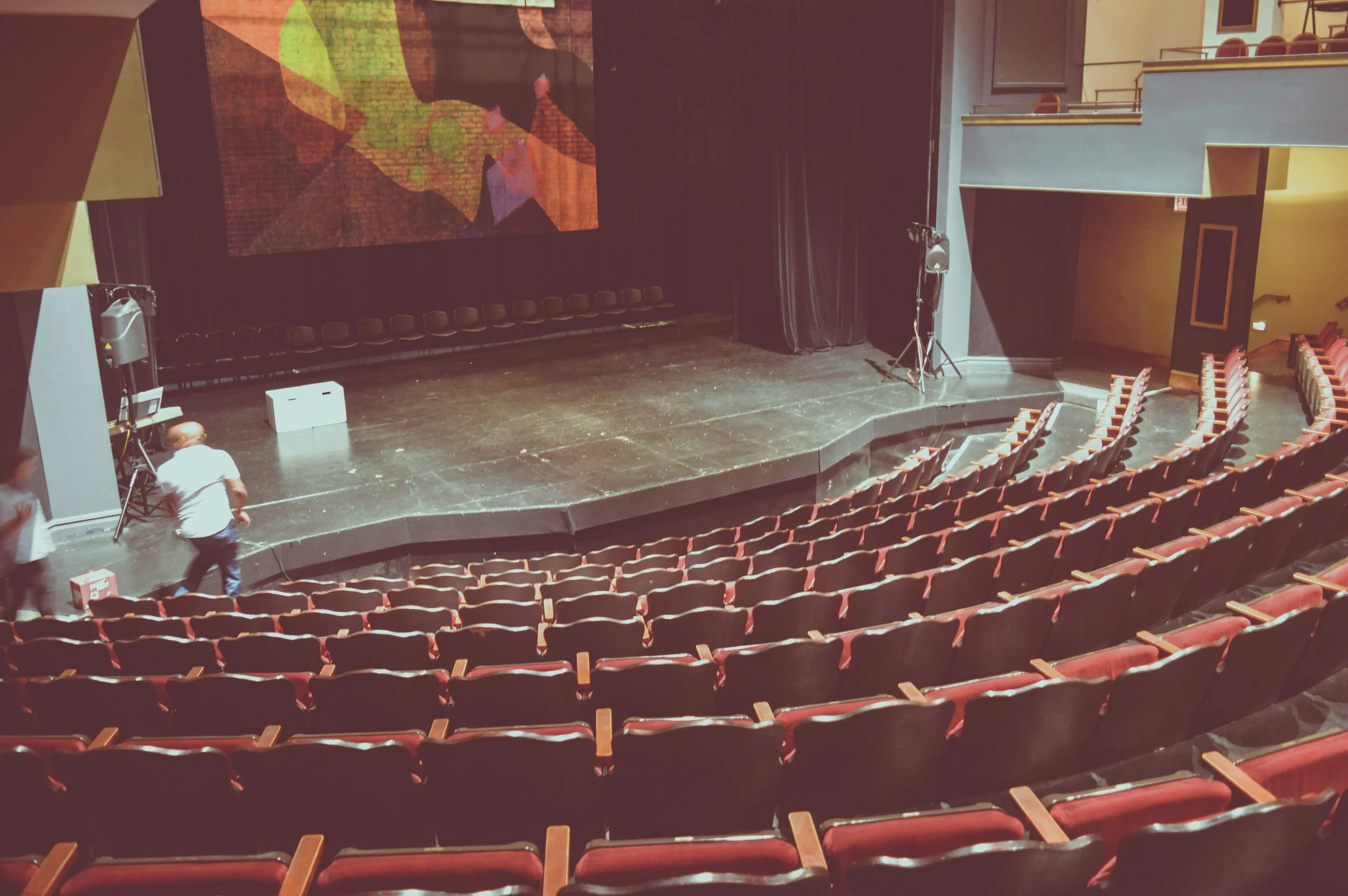Interview: MILOŠ
Photos by Esther Haase
Miloš Karadaglić (known just as MILOŠ), is a bone fide “Classical Guitar God” (The Times). He’s been described as “classical music’s guitar hero” (The Telegraph), having been the first guitarist to give a solo recital at the Royal Albert Hall. Search on any streaming platform for classical guitar and MILOŠ is often the first person to appear, with a whole mix of tracks: you’re as likely to find a Radiohead cover as an Albéniz suite. MILOŠ suffered a debilitating hand injury in 2016, taking him out of action for a couple of years. He’s very much back and recovered, and has just released a new album for 2021: The Moon & The Forest.
MILOŠ dropped by Alternative Classical HQ to chat with Hannah Fiddy about social media, burnout, musicians’ injuries and the TV he’s been watching during lockdown.
Let’s kick off with a quick-fire round...
Introvert or extrovert? Both, depending on the day. When I'm on stage I'm completely extroverted, but before and after I'm quite introverted.
Night or day? Night. I get very creative in the evening.
Minor or major? I definitely connect to a minor key much more, and have huge issues when making programmes that I always pick minor keys.
Time alone or a party? I think I wouldn't appreciate one or the other without one or the other. I love being on my own and I'm never bored, but I so miss parties.
Written piece or improvise? Definitely written - I’m rubbish at improvising.
Massive concert hall or small, intimate space? Massive concert hall. I get less nervous the bigger the hall is.
Favourite lockdown TV? I was obsessed with Deutschland 83, Deutschland 86 and Deutschland 89. I think it’s one of the best things I’ve watched on TV. I’ve enjoyed Bridgerton - it’s so pretty. And Call My Agent because that’s kind of like our world of classical music.
It’s been 10 years since you released your first album in 2011 (Mediterráneo). What do you think has changed for you in that time?
10 years is a very significant amount of time and then at the same time it’s gone by in a blink. When it all started, it hit me like a hammer on the head. From playing just a couple of concerts I was suddenly in demand all over the place and was the focus of so many people. Suddenly, it was important what I was doing and when you’re given a chance to carry the flag for the guitar in the classical mainstream, it’s a huge responsibility and something I always took very seriously. The last decade has been really very exciting and extreme but I think that I was born with extremes: if I wasn’t living in an emotionally extreme way, I would be bored. When I'm happy I want to be really happy and when I'm depressed I indulge in it because you can find so much about yourself in those processes. I value the extremes.
After lockdown, how do we go about rebuilding the classical music scene? Is there anything you would change about it when we piece it back together?
During lockdown there has been so much focus on making your audience part of your private process and I don't always think that that's right. If you are throwing away your process or content into the world, and it requires an attention span of a fly to understand what's going on, and then within 10 seconds there is another video and another video, this constant over-exposure to information works against the very essence of what making music is all about. After the pandemic I think we have to focus on re-establishing the live practices and re-engaging our live audiences, and on making people wish that it never stops again, because we need it. There is nothing more magical than stepping out on stage and having people in the audience eagerly anticipating your every note and knowing that you are there to share something incredibly meaningful with them.
So you didn’t film any videos for your own channels?
No, because I don’t think that it really brings anything to the table. I feel that the music that we play, the skill that we craft for so many years, and the respect we have for the composer, cannot be honoured on a bad microphone on your iPhone. And however wonderful your space at home, it’s still home and not a concert space.
You must be able to reach a lot of people with your large social media following.
I do have some followers but I always think ‘why would people follow me?!’. I prefer to use social media more privately with my friends but then it can become a weird mix. My younger brother is four years younger and his whole universe is on social media, so it just goes to show that these few years have made a big difference. Technology has made the generation gap so rapid.
So you don’t have difficulties with the balancing of social media and your work?
Even to the extent that I do it I find that it affects me but I would hate to think how it affects people who are posting 10 times a day and who are constantly on Instagram sharing their life. What time and space does that leave for your internalised process of making music? I'm astonished that students at music college these days are at all able to create any sort of result when they are constantly being distracted by the madness of this world. I think you really need to have discipline. If you are in a creative industry, where you depend on your own internal process, you have to protect yourself in order to be able to express yourself with what matters the most.
I recently listened to a podcast about how injury is still a taboo subject in the classical industry, and that support networks aren't always visible enough. Following your hand injury a few years ago, you said that musicians’ injuries are still seen as a shameful thing. Do you think there's a more supportive way that we can help musicians through these difficult periods, or do you think that is already changing within the industry?
I think that here in the UK we should be proud that we are generally a society that is not scared to discover taboos and to discuss all aspects of our humanity. There’s always a conversation, such as about mental health and injury, and it’s constructive. What I was really astonished at when I was talking about my experience of injury is that while here in the UK it was very natural for me to talk about it and I did it because I wanted to help my colleagues who were maybe scared of talking about it, that was not the case elsewhere. In Germany, Japan or even in the States, when I started talking about it, it suddenly became quite uncomfortable. People get so easily thrown off balance.
How do you feel about your injury now?
I feel like a winner because I came out the other side of it. I think it made me into a better human being and also a better artist, and I wouldn't change that experience for anything in the world. Musicians are not superhuman. We are human beings of flesh and blood like everyone else, it just so happens that we use our hands and our fingers in extraordinary ways. It’s no different than if a tennis player injures their knee or an Olympic athlete breaks a leg. It's part of the process and I just want people to understand that, because having gone through it and having seen how little is known about it and how few people you can talk to about it, I wanted to share my story.
You eventually worked out that it was partly due to burnout. This seems to be very common within the music industry.
I think it's the pressure of the industry, and the feeling of perfection-seeking that we all impose on ourselves. It's very important to ask yourself why you're a musician and what makes you want to do it. If something is not exactly how you imagined it to be, it's not the end of the world. Nobody’s going to get hurt if you play a bad concert or can’t figure out a passage. The expectation we set upon ourselves can sometimes go to such an extreme and the obsessive nature of every musician can really make us go into a loop, and it's very hard to get out of that loop.
When you’re flying on such a high level and jumping from one place to another, where the pressure is higher and higher, it’s like a jumbo jet with four engines flying at 10,000 metres. Suddenly a bird gets into the engine. That little bird is probably not going to do anything to the engine, but the jumbo jets will need to have an emergency landing because of the fear of something going wrong and because the stakes are so high. You have to land, see what happened and fix the problem. Then to go back up is much harder because there is a lingering idea that something can go wrong. That never entered my mind, so the emotional burnout I experienced as a result of dealing with that situation was much bigger than the actual physical injury. At the time, I couldn’t differentiate between the two. When I’ve spoken to other musicians who went through the same thing, it’s been very similar.
How can a musician overcome it?
The only way to win that battle is to win over fear, and that sets you off for life, not just in your music-making but also in your life.
What would your advice be to guitarists or musicians starting out now?
My main advice to young artists is to never ever compare themselves to anyone apart from their own personal best, because only then are you free to achieve your dreams. Every musician in this world has their own unique voice. If you believe in that unique voice of the world, the sky's the limit.
MILOŠ’s new album, The Moon & The Forest, is out now on Decca Classics, with two original concertos by award-winning composers Howard Shore (Lord of the Rings) and Joby Talbot (The Hitchhiker’s Guide to the Galaxy). Listen now >>








